EritreaLive interviews Senator Aldo Di Biagio
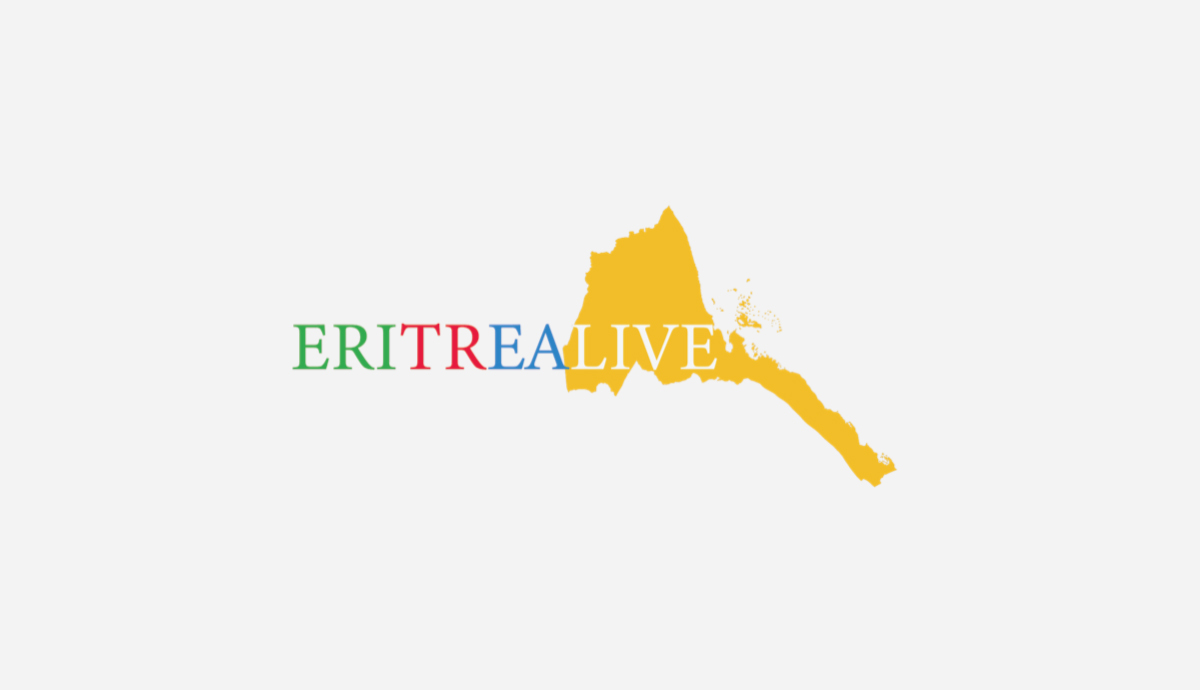
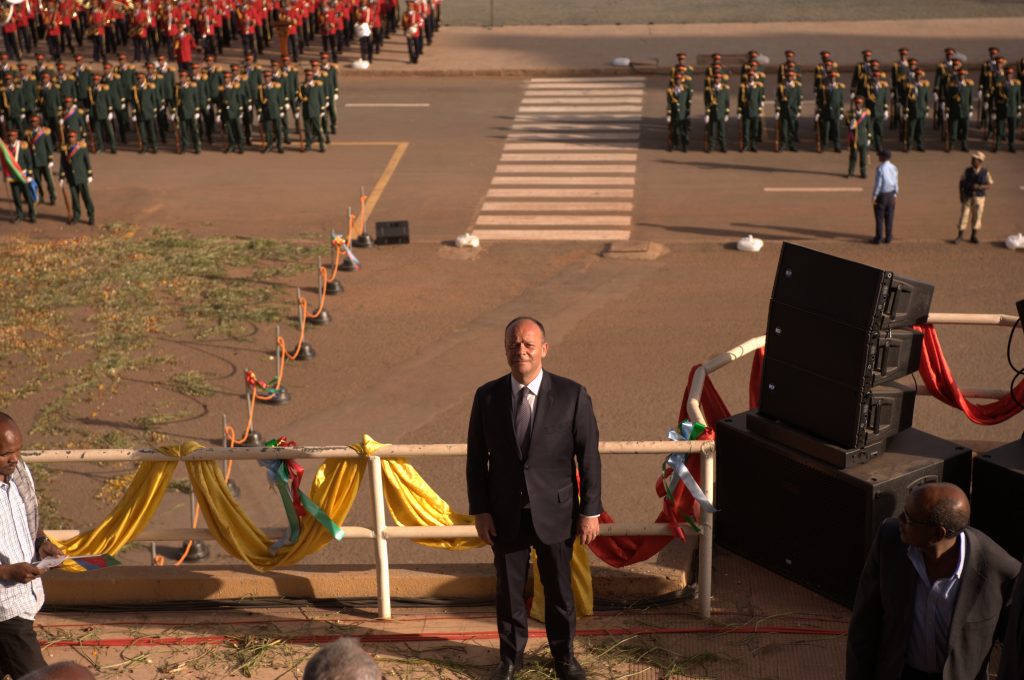
Eritrea, Asmara, Senator Aldo Di Biagio, Independence Day 2016
EritreaLive interviews Senator Aldo Di Biagio, Italy cannot remain absent.
If we need a picklock to open, I am ready, says senator Aldo Di Biagio.
“Eritrea is a passion, which my political mentor born in Asmara passed down to me”, you wrote this in a recent post on Facebook…
Without a doubt. I would add that I was elected in the world of emigration.
The vote of citizens living abroad, strongly wished for by former minister Mirko Tremaglia, was meant to be a recognition for expatriates, people he felt close to him. He was born in Asmara, talked about the beauty of this city and pride of its people. A bond he felt strongly and which he passed down to me.
As a child I lived in an orphanage, then I travelled, got to know different cultures. I dealt with the self determination of peoples.
Mine is a dynamic story, also influenced by deep Catholic roots, which always led me to support the weakest people. In 1991 I travelled to Croatia with an association dealing with humanitarian aids.
I met my wife there, a Croatian citizen, and I remained there. Later I had the time and opportunity to know and research the history of Eritrea. I have been there often. And I have become very passionate about it. A passion, which increased, the more I knew about the Country and its culture. You know, when I was young I always wanted to get to the bottom of things, without preconceptions. I have also been inside a kibbutz to try this experience of a social kind.
Senator Di Biagio, after being in Eritrea, how do you judge what is said and written about this Country in Italy?
The feeling is that Eritrea is a crossroads of great interests, which contribute to its demonization.
There are international attentions that leverage on an alleged opposition against the Eritrean government which, as far as I could learn personally, appears disconnnected, self-referential and devoid of any political programme. The take advantage of the weak image of the Country, at least at this moment. An effort from everyone is needed in order to go beyond this profoundly distorted and wrong image.
Wrong messages are sent about Eritrea, preconceptions are gathered and too much credit is being given to ambiguous people, not sufficiently verified, even when our own Ministry for Foreign Affairs points it out …
Is the Farnesina the key to the question ?
Yes, it is, too!
Today we are trying to offer a different image. Not alone. New important ways are on the horizon.
May I say the Italian Ambassador in Asmara (ie. Mr. Stefano Pontesilli, appointed in 2014) lived with great unease the negative situation created by the abandonment of Lapo Pistelli (Mr. Lapo Pistelli resigned as vice minister for foreign affairs, a role he had held since 2013) deciding also for this reason – and for others I cannot know – to come back to Italy.
I think he left Eritrea with the regret of not being in the conditions to work objectively and constructively because of the state of uncertainty towards Eritrea, continuously harassed by denigratory campaigns.
Unfortunately, he had to come back to Italy two years in advance, also at risk of jeopardising his own diplomatic career.
(on 16th October the Farnesina appointed the new Italian ambassador in Asmara, Mr. Stefano Moscatelli)
Why so?
Partly, because I think he did not find sufficient co-operation within the Ministry for Foreign Affairs. A necessary co-operation in order to demolish that very image of Eritrea that someone has built…
For instance, the Habeshia Agency of Mussie Zerai?
Yes. Though too much importance is given to it. There is a responsibility for overestimating it. I had the chance of meeting with them and I had the distinct impression that they did not work in the direction of the superior national interest of their Country.
I am not the only one to believe that Eritrea is different from the way they see it. Many other German parliament members, with whom I have spoken, have positive opinions about the Country.
In this past year the many European delegations that went to Eritrea said on their return, that they did not find a police state… then what about Italy?
Our silence is embarrassing.
And the more so, as its about a Country so close to our own.
If this means that we need a picklock for opening… I am ready. I say this with great pride. I am enthusiastic about this Country, its beauty and the great merits of its people. I am proud to gather the will of a very dignified people trying to build their future.
A Country with a very recent history of independence (1991) and the unresolved problem with Ethiopia, which at present is facing violent internal rebellion, and about which almost nothing is said…
Yes, in Italy you do not speak about it. Abroad, on the other hand, there is much attention.
Our Country is hypocrite.
I will continue to push for good information, so that the progress being made in Eritrea is learnt and understood, so important progress.
I am sorry to see that our Minister for Foreign Affairs neglects Eritrea, it is a historic mistake. We could go beyond… but the Ministry does not seem to have this attitude, for now …
Why, in your opinion, so many young Eritreans leave their Country facing dangerous journeys in order to reach Europe?
The most absurd thing is that we speak of a united Europe, but we have different laws on asylum recognition from country to country. Clearly, no one asks the question: “why do these young people flee?”.
If you verified this, you would realise that the Eritreans that reach our country have a high level of education and are in good health conditions.
In the past two years Italian politics has completely forgotten Eritrea, no Italian delegation has visited the Country in these past two years.
When we talk about migratory fluxes we do not know much about them and the problem shifts to reception. Without knowing the reasons and the risks following the fluxes. Generations of new slaves that anyone can abuse and harass…
I would like to shed more light on the reasons for these fluxes and the reasons why the Algiers Agreement was not complied with (signed in 2002 between Eritrea and Ethiopia after the 1998-2000 war for former colonial territories) and the reason why Eritrea is now in this difficult situation. Maybe then some answers might be found. And we could help young Eritreans to have the ambition of building their future in their own Country.
Marilena Dolce
@EritreaLive
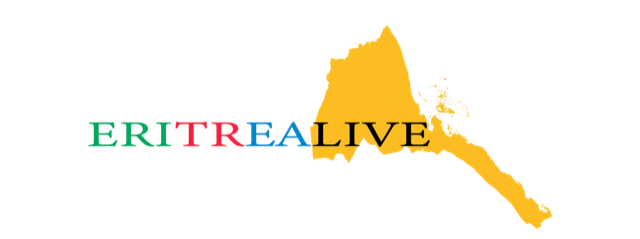
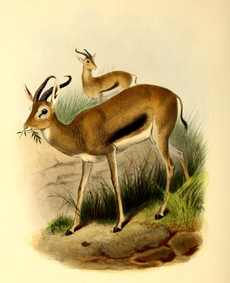

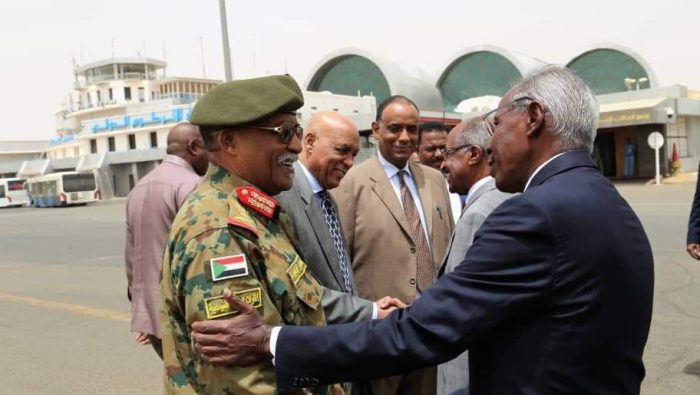
Lascia un commento